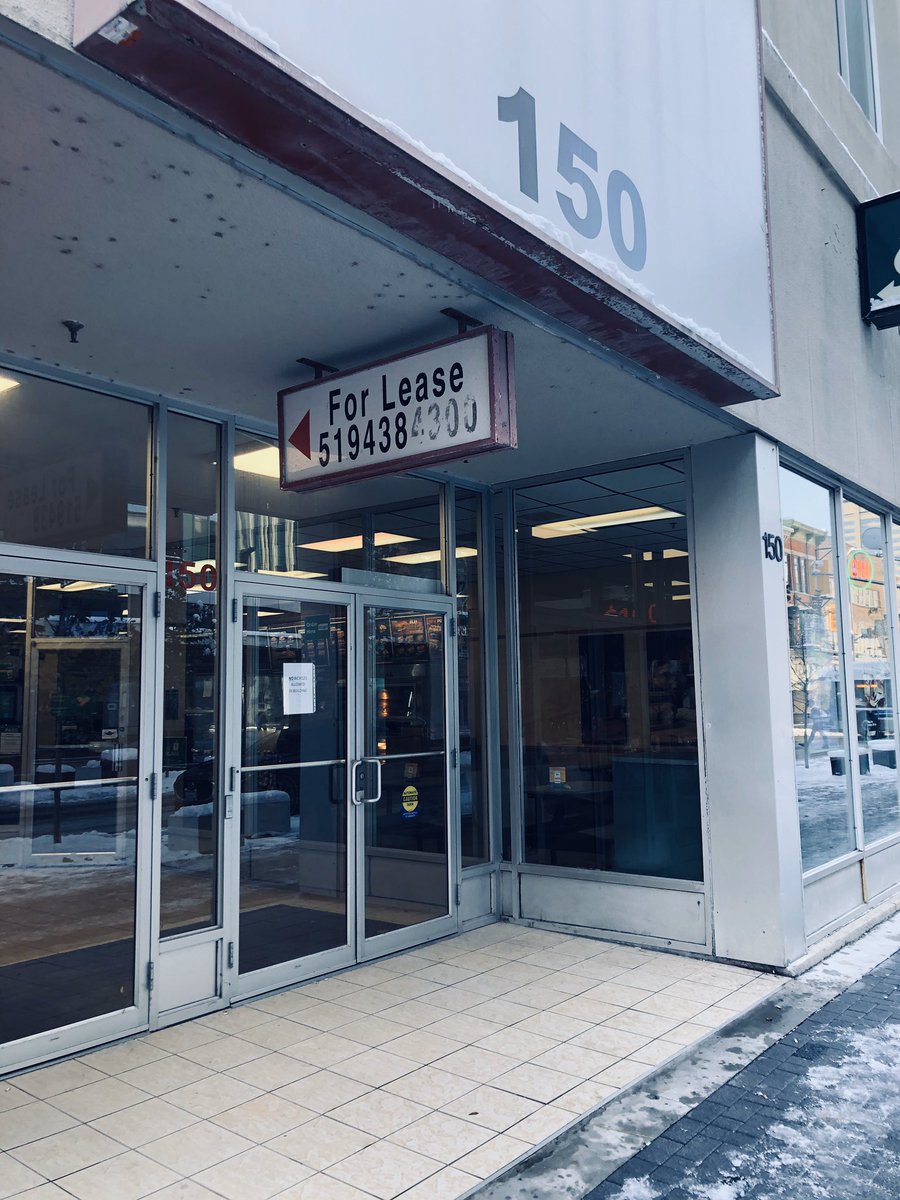
I genuinely appreciate that there’s a ‘reasonableness’ thing at play in this issue, and that some folks, myself included, are throwing around the term ‘housing crisis’ — at least in #LdnOnt — though it’s not, in fact, been declared at any official level. I propose that we do. 1/n
https://twitter.com/st3v3turn3r/status/1536848373994635266
We are facing in #LdnOnt *all* of these things, not just as trickle-down or domino effects, but SIMULTANEOUSLY across multiple scenarios for people seeking shelter, temporary, transitional, or permanent household, across classes and other intersectional identities.
2/n
2/n
And, of course, simultaneous with all of the above, in #LdnOnt, we do also have:
- folks seeking to buy their first home, again, in a heavily financialized market.
So, if we are unable to house any part of our population in the housing they seek, let’s call it an emergency. 5/n
- folks seeking to buy their first home, again, in a heavily financialized market.
So, if we are unable to house any part of our population in the housing they seek, let’s call it an emergency. 5/n
If we adopt the language of emergency in #Ldnont for what many believe is a #HousingCrisis , it invites us better into an all-hands-on-deck mindset where no one sector gets to be (even a small) part of the problem and we’re all part of the solution. Reasonableness be damned. 6/6
@threadreaderapp, please unroll.
• • •
Missing some Tweet in this thread? You can try to
force a refresh








